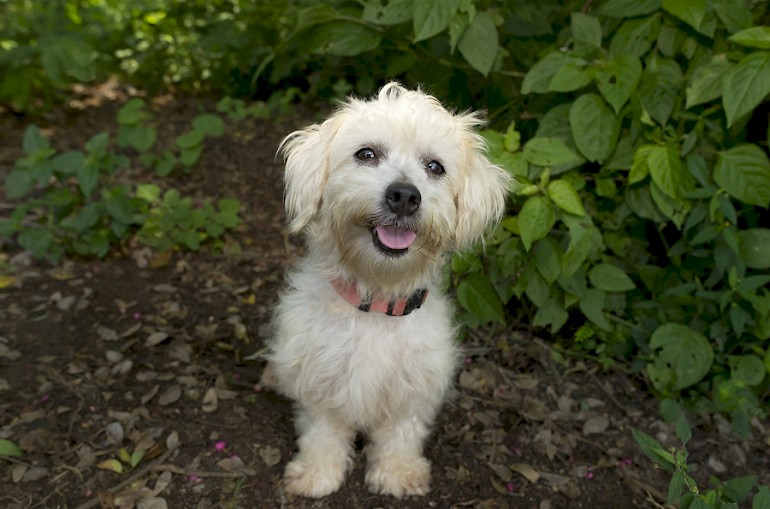Why do our dogs need rules and boundaries?
Posted: 3 May 2016

Firstly, what does 'rules and boundaries' mean?
It doesn’t mean a strict and complex criteria or seeing yourself as superior to your dog.
It doesn’t mean harsh tones and a dog who knows his place.
It does mean seeing yourself as a loving and confident guide, it does mean clear communication that lets your dog know what behaviour is and isn’t appropriate in the life you share.
Boundaries and rules are not just important when living with our dogs, they are necessary within any partnership or group situation and enable us to live and work together more harmoniously.
The significant difference to remember when living with dogs is that things that are important to us are not necessarily important to our dogs. We've brought our dogs to live in our human environment and it’s our responsibility to guide them. The clearer and more consistent our messages the quicker our dogs understand.
Conflict often occurs when the information that we give our dogs isn’t clear.
Imagine that you went to live in another country where no one spoke your language and the everyday rules of their society were very different. For optimum communication when teaching you how to behave it would be vital that the people used clear and consistent signals. This would be especially important in the early days as you may be feeling a little insecure and unconfident. Unclear communication would lead to you making more mistakes, more mistakes lead to disapproval. Which would lead to a greater sense of insecurity.
Many of us feel uncomfortable about taking control and stating our commands clearly and firmly. Depending upon our personality type some of us feel that firm commands may sound too harsh or unkind. There is also a tendency in our society to associate taking control and stating needs as rather negative especially for females. These characteristics can be seen as selfish or domineering. There may be many other personal or social reasons why providing consistent boundaries causes us conflict.
Whatever the reason, unfortunately by avoiding taking control and giving clear commands we set up a situation whereby our dog isn’t sure about what is or isn’t acceptable. The resulting confusion can lead to unwanted behaviours that frustrate us and cause us to react impatiently.
When our dogs respond to us they are responding, not just to our words, but more importantly to our tone of voice and our body language And our tone and body language will always betray our underlying feelings. That’s why it’s important that before we try and implement the rules of our household we feel as confident and clear in our own minds as possible, any internal conflict about either the rules themselves or our role as the one to give them is going to come across in our tone or our body language and give a confusing message to our dogs.
The HART element of my Canine Behavioural Programme explores these subtler aspects of our canine relationship. Helping to ease internal conflict and create external harmony.



